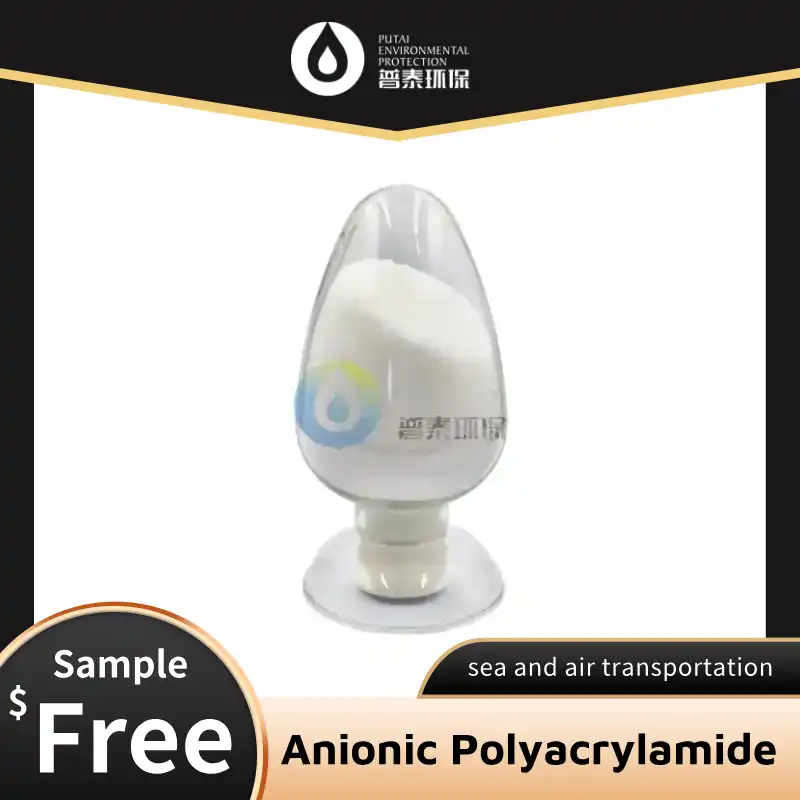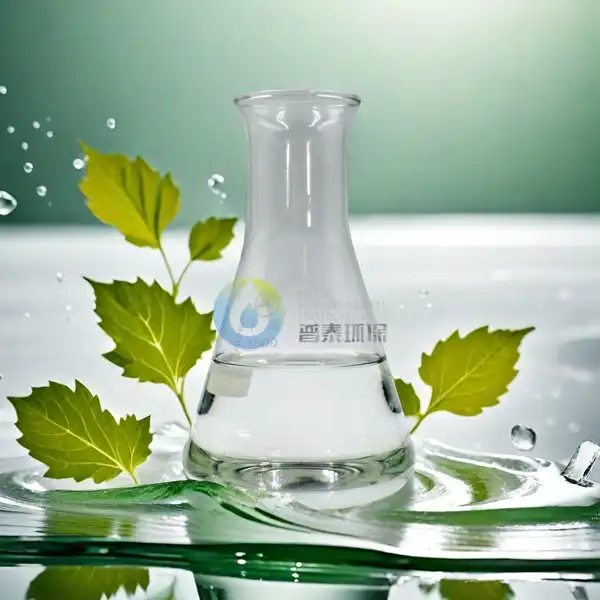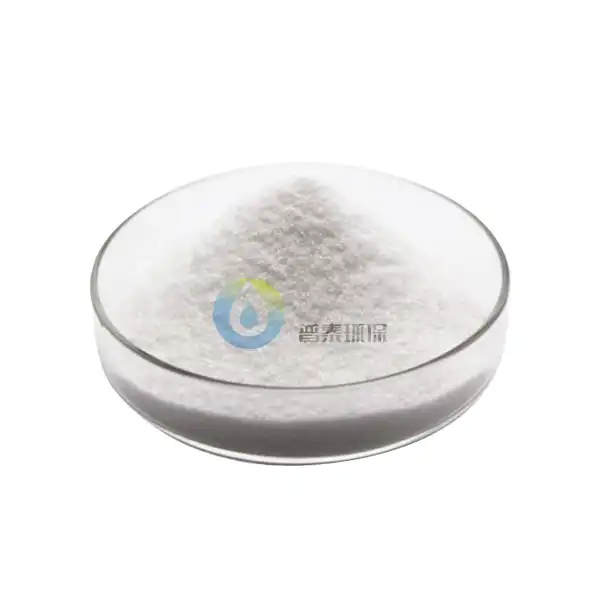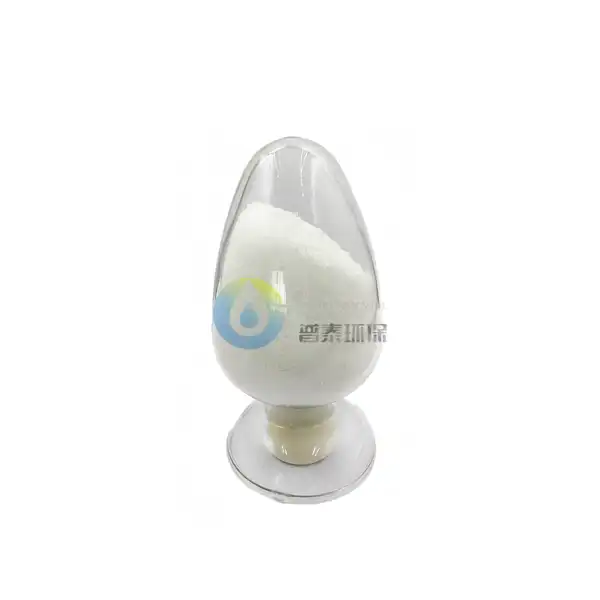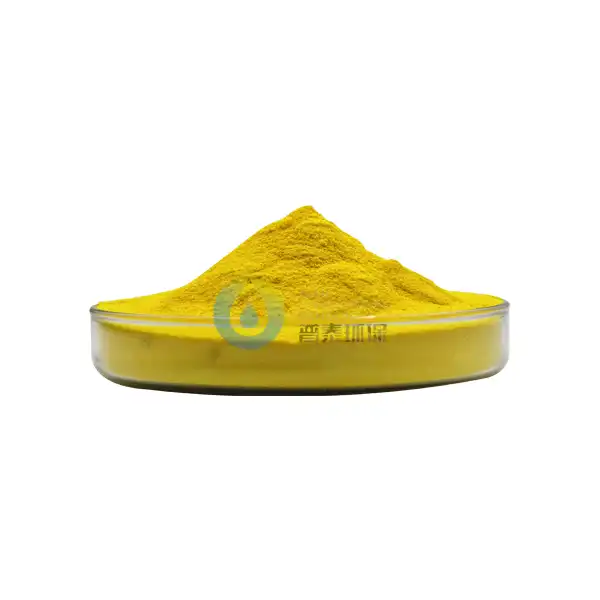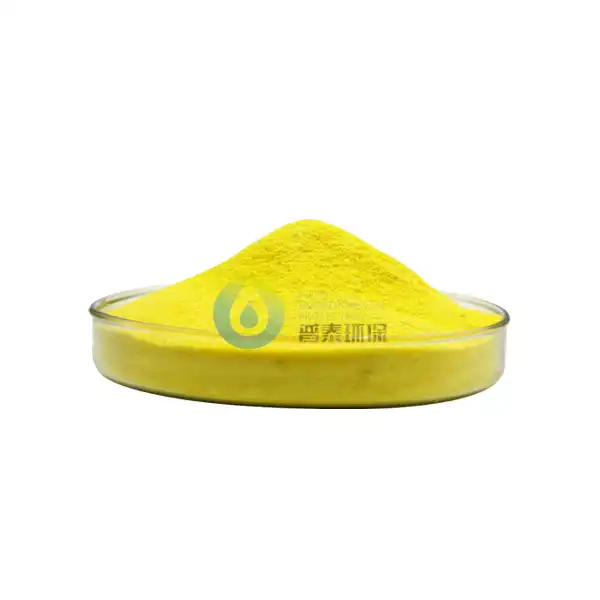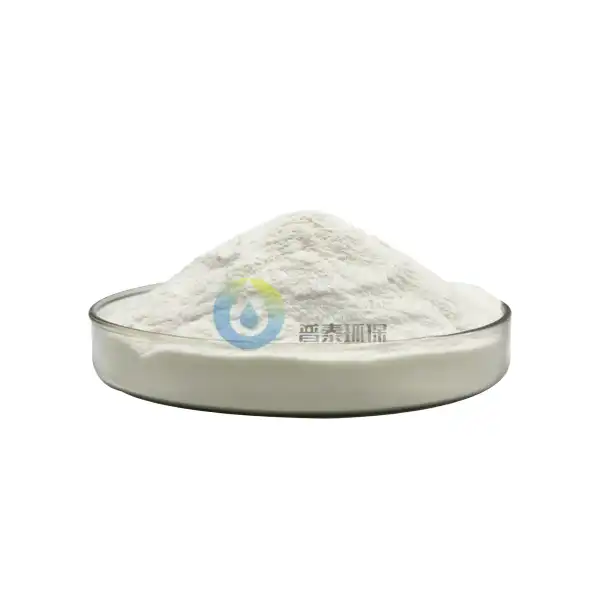How Does Industrial Grade Citric Acid CAS 77-92-9 Help in PH Control During Industrial Processes?
Industrial Grade Citric Acid (CAS 77-92-9) is a versatile organic compound widely utilized across various industries for its exceptional pH control properties. This naturally occurring weak acid plays a crucial role in maintaining optimal acidity levels in numerous industrial applications, from food and beverage production to pharmaceutical manufacturing and water treatment. Its effectiveness stems from its ability to act as a buffer, helping to stabilize pH levels within desired ranges while providing additional benefits such as chelation, preservation, and flavor enhancement.
What makes Industrial Grade Citric Acid CAS 77-92-9 an effective pH control agent in food processing?
The Natural Buffering Mechanism of Citric Acid in Food Systems
Industrial Grade Citric Acid CAS 77-92-9 functions as an exceptional pH control agent in food processing due to its natural buffering capabilities. The tricarboxylic structure allows it to donate protons at different pH values, making it effective across a wide pH range. When added to food formulations, it stabilizes pH by absorbing alkaline or acidic components that might cause unwanted fluctuations. This is particularly important in products like jams, jellies, and preserves, where maintaining a specific pH range is critical for both food safety and quality. The natural origin also aligns with consumer preferences for clean label ingredients, making Industrial Grade Citric Acid CAS 77-92-9 a preferred choice for manufacturers seeking effective pH control without synthetic additives.
Synergistic Effects with Other Food Ingredients
Industrial Grade Citric Acid CAS 77-92-9 exhibits remarkable synergistic effects when combined with other food ingredients. When used alongside other acidulants or preservatives, it creates a more robust preservation system that maintains optimal pH while improving overall product stability. For instance, the combination with ascorbic acid not only provides effective pH control but also offers enhanced antioxidant properties in beverages and fruit-based products. In meat processing, Industrial Grade Citric Acid CAS 77-92-9 works synergistically with salt and other preservatives to lower pH, inhibit bacterial growth, and extend product shelf life. Its ability to chelate metal ions further prevents metal-catalyzed oxidation reactions that would otherwise compromise food quality.
Applications in Specific Food Categories and Their pH Requirements
Different food categories have unique pH requirements, and Industrial Grade Citric Acid CAS 77-92-9 addresses these varied needs. In beverage production, it adjusts pH to levels between 2.8 and 3.8, optimizing flavor profiles while ensuring microbiological stability. Carbonated drinks benefit from the precise pH control, which enhances carbonation retention. In dairy applications such as cheese and yogurt production, citric acid helps achieve optimal acidification for proper curd formation. Confectionery products utilize Industrial Grade Citric Acid CAS 77-92-9 to reach specific pH levels that affect sugar crystallization and texture. In canned and preserved foods, it ensures they reach the critical pH threshold (typically below 4.6) required to prevent harmful bacteria growth.
How does Industrial Grade Citric Acid CAS 77-92-9 improve water treatment and purification processes?
Role in Drinking Water Treatment and pH Adjustment
Industrial Grade Citric Acid CAS 77-92-9 provides effective and safe pH adjustment capabilities in drinking water treatment. When water pH levels rise above desired parameters, it can neutralize alkalinity and bring pH values to optimal levels, typically between 6.5 and 8.5. Its biodegradable nature makes it an environmentally responsible choice compared to mineral acids, which can introduce unwanted ions into the water supply. In reverse osmosis systems, Industrial Grade Citric Acid CAS 77-92-9 serves as an effective cleaning agent for membranes by removing scale buildup. Its chelating properties further enhance its value by binding with metal ions like calcium, iron, and manganese, preventing them from forming insoluble precipitates that could compromise water quality.
Wastewater pH Neutralization and Heavy Metal Removal
Industrial Grade Citric Acid CAS 77-92-9 offers significant advantages in wastewater treatment where pH neutralization is essential for environmental compliance. Industrial effluents often have highly alkaline pH levels, and citric acid provides a safer alternative to strong mineral acids for neutralization. Beyond simple pH adjustment, it demonstrates efficiency in heavy metal removal through its chelation mechanism. By forming soluble complexes with metals like lead, cadmium, and chromium, Industrial Grade Citric Acid CAS 77-92-9 facilitates their removal through subsequent treatment processes. Its biodegradability means that any residual amounts will naturally decompose without creating secondary pollution concerns.
Sustainable Aspects of Citric Acid in Environmental Applications
The incorporation of Industrial Grade Citric Acid CAS 77-92-9 into water treatment aligns with the growing emphasis on sustainability. As a naturally occurring organic acid produced through fermentation, it represents a renewable alternative to petroleum-derived chemical additives. Its complete biodegradability ensures that it breaks down into harmless components after use. Life cycle assessments have demonstrated that citric acid production has a lower carbon footprint than many synthetic pH control agents. Facilities that adopt Industrial Grade Citric Acid CAS 77-92-9 often report reduced sludge production and decreased chemical handling hazards, contributing to overall operational sustainability.
Why is Industrial Grade Citric Acid CAS 77-92-9 preferred over other acids in pharmaceutical manufacturing?
Compatibility with Active Pharmaceutical Ingredients
Industrial Grade Citric Acid CAS 77-92-9 demonstrates exceptional compatibility with a wide range of active pharmaceutical ingredients (APIs). Unlike stronger mineral acids that may cause degradation of sensitive compounds, it provides gentler pH modification while maintaining the stability and efficacy of APIs. Its buffer capacity creates a protective environment for pH-sensitive drugs, preventing rapid pH fluctuations. In liquid pharmaceutical formulations, Industrial Grade Citric Acid CAS 77-92-9 helps maintain the drug in its most bioavailable form by ensuring optimal pH conditions. Many pharmaceutical compounds exhibit pH-dependent solubility, and citric acid can be precisely formulated to achieve the ideal pH range for maximum drug dissolution and absorption.
Regulatory Acceptance and Safety Profile
The widespread regulatory acceptance of Industrial Grade Citric Acid CAS 77-92-9 represents a significant advantage for pharmaceutical manufacturers. It is recognized as Generally Recognized as Safe (GRAS) by the FDA and is included in major pharmacopeias worldwide. This universal regulatory recognition simplifies documentation requirements for products using citric acid as a pH adjuster. The well-established safety profile, supported by decades of toxicological studies and clinical use, provides manufacturers with confidence when incorporating Industrial Grade Citric Acid CAS 77-92-9 into new drug formulations. Unlike some synthetic pH adjusters that may carry residual solvent concerns, it offers a clean toxicological profile with minimal safety concerns.
pH-Dependent Formulation Challenges Solved by Citric Acid
Pharmaceutical formulation often presents complex pH-dependent challenges that Industrial Grade Citric Acid CAS 77-92-9 is uniquely positioned to address. In controlled-release formulations, it can create microenvironments that modulate drug release based on pH triggers. Enteric coatings often incorporate citric acid to fine-tune dissolution profiles. In freeze-dried pharmaceuticals, Industrial Grade Citric Acid CAS 77-92-9 functions as both a pH adjuster and a bulking agent. Protein and peptide drugs benefit from its gentle buffering capacity, which maintains these complex molecules in their native conformations. Vaccine formulations utilize citric acid buffers to create stable pH environments that preserve antigen potency.
Conclusion
Industrial Grade Citric Acid CAS 77-92-9 proves to be an indispensable pH control agent across diverse industrial sectors, offering unique advantages over alternative acids. Its natural origin, gentle yet effective pH adjustment capabilities, chelating properties, and excellent safety profile make it the preferred choice for food processing, water treatment, and pharmaceutical manufacturing. As industries continue to prioritize sustainable and safe production methods, the importance of citric acid in industrial pH control will likely continue to grow.
Xi'an Putai Environmental Protection Co., Ltd. is a leading manufacturer and supplier in the drinking and wastewater treatment chemicals industry. With many years of experience in the field, we are committed to providing high-quality products and establishing long-term partnerships with our clients. Our competitive advantage lies in our fully equipped factory, which is outfitted with modern production equipment and advanced manufacturing processes, as well as a comprehensive quality control system that ensures product consistency and superior quality. Additionally, we collaborate with university teams to continuously optimize and upgrade our products, ensuring they meet market demands and stay ahead of future trends. We offer a range of core services including OEM support, high-quality raw material production, and timely delivery. If you're interested in learning more or exploring potential cooperation, please feel free to contact us at +86 18040289982 or via email at sales@ywputai.com. We look forward to the opportunity to work with you.
References
1. Soccol, C.R., Vandenberghe, L.P.S., Rodrigues, C., & Pandey, A. (2022). New perspectives for citric acid production and applications. Food Technology and Biotechnology, 60(1), 25-38.
2. Thakur, N., Kumar, V., Sharma, S., & Verma, H. (2023). Applications of citric acid (CAS 77-92-9) in water treatment: A comprehensive review. Journal of Environmental Chemical Engineering, 11(2), 108456.
3. Jensen, M.B., López-Contreras, A.M., & McDonnell, K. (2021). Citric acid production from renewable resources: Current trends and future perspectives. Renewable and Sustainable Energy Reviews, 145, 111142.
4. Mehmood, T., Ahmed, I., & Uroos, M. (2023). Industrial applications of citric acid as a green chemical: Focus on pH control mechanisms. Green Chemistry Letters and Reviews, 16(1), 28-42.
5. Garcia-Garcia, G., Stone, J., & Rahimifard, S. (2022). Opportunities for the use of citric acid in circular economy applications: Food processing byproducts as a sustainable source. Journal of Cleaner Production, 330, 129912.
6. Zhang, Y., Liu, Z., Wang, X., & Li, Q. (2023). Comparative assessment of different acidulants in pharmaceutical formulations: Advantages of citric acid (CAS 77-92-9) in pH-dependent drug delivery systems. International Journal of Pharmaceutics, 628, 122274.

